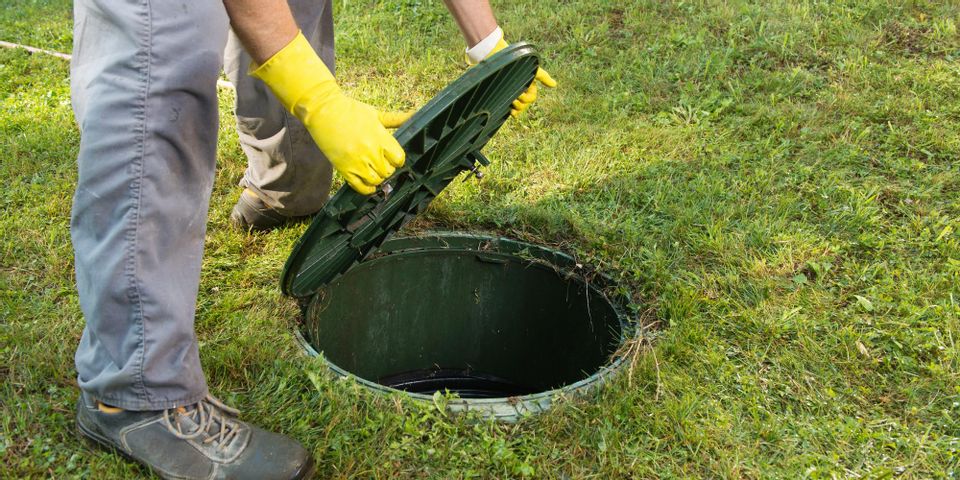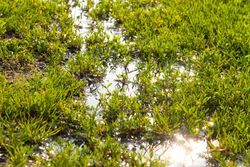What Your Grass Can Tell You About the Septic System

Septic systems are a necessity for properties without connection to the city or municipal sewers. Since they are buried underground, it is difficult to know if they’ve run into a few problems until it’s too late. However, if you planted grass above yours, fortunately, it can clue you in on the status of your on-site waste treatment system.
What Dead Grass Over the Drain Field Means
Dead, yellow grass and brown, bald patches over the septic system is usually an indicator that your septic system is not leaking and that the grass is incompatible with your current soil. Grass needs water to grow, and the lack of it can cause plants to dry up quickly, especially during summer or drought seasons. It is also possible that there’s less soil on top of the drain field than other areas of your lawn, leading to dead grass due to inadequate root support.
Refrain from watering the grass as it reduces your drain field’s ability to absorb wastewater. It is also unwise to add a thick layer of topsoil as it can obstruct the exchange of air and water essential to the drain field. If you want to keep the ground over your septic system covered, choose grass species well adapted to your soil conditions.
What Healthy Grass Implies
 Grass above your septic system that looks as healthy as the rest of your lawn could be a bad or good sign. It could mean that small leaks in the septic system are nourishing nearby vegetation. Look out for other red flags, such as puddles of water and foul odors, found in the yard.
Grass above your septic system that looks as healthy as the rest of your lawn could be a bad or good sign. It could mean that small leaks in the septic system are nourishing nearby vegetation. Look out for other red flags, such as puddles of water and foul odors, found in the yard.
On the other hand, healthy grass could mean that you already have vegetation that is well-suited to the soil conditions above the tank. For instance, Tall Fescue and Kentucky Bluegrass don’t need much watering, so they can thrive on as little as 1.25 inches of water per week.
If you notice unusually lush patches of grass over your septic system, turn to Nick Driggers Pumping Service in Greensboro, NC. Proudly serving the Piedmont area, they offer a broad range of services, including septic pumping, maintenance, repairs, and inspections. Schedule a septic tank inspection by calling (336) 215-4408 or sending a message via their website.
About the Business
Have a question? Ask the experts!
Send your question

